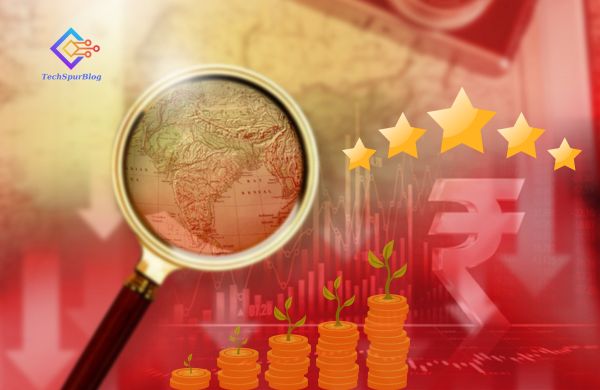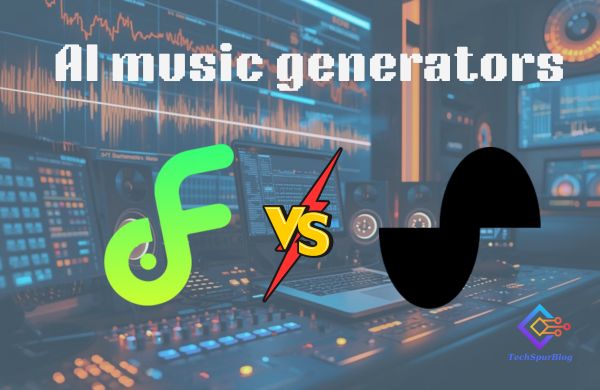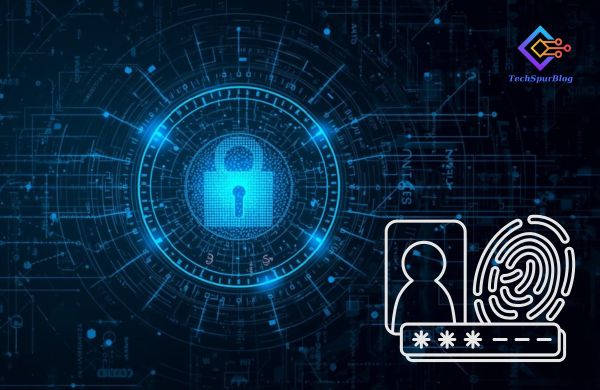Introduction – What is DeFi?
The financial world is undergoing a massive transformation, and at the heart of this revolution lies Decentralized Finance (DeFi). Built on blockchain technology, DeFi eliminates the need for traditional intermediaries like banks and brokers. Instead, it enables peer-to-peer financial transactions, offering greater transparency, accessibility, and control over assets.
As of 2025, DeFi is no longer just a crypto buzzword—it’s reshaping global banking and finance.
How DeFi Differs from Traditional Banking
Traditional banks act as trusted intermediaries, controlling deposits, loans, and transactions. DeFi flips this model by using smart contracts—self-executing agreements stored on blockchain.
-
Banks: Centralized, regulated, limited accessibility.
-
DeFi: Decentralized, transparent, globally accessible 24/7.
For example, instead of applying for a loan from a bank, users can borrow crypto directly from a DeFi lending protocol—with no paperwork, just collateral.
Key DeFi Applications in 2025
DeFi is no longer limited to niche crypto investors. Today, it powers an entire financial ecosystem, including:
-
Lending & Borrowing – Platforms like Aave and Compound allow users to lend crypto and earn interest or borrow against their holdings.
-
Decentralized Exchanges (DEXs) – Uniswap and SushiSwap let users trade tokens without centralized exchanges.
-
Staking & Yield Farming – Investors earn rewards by locking up assets or providing liquidity.
-
Stablecoins – Cryptos pegged to fiat (like USDT, USDC, DAI) bring stability to volatile markets.
-
Insurance & Derivatives – Smart contracts enable decentralized insurance and risk management.
Also Read: How to start your cryptocurrency investment
Top DeFi Platforms to Watch in 2025
Several platforms dominate the DeFi space today:
-
Uniswap (UNI): Leading decentralized exchange.
-
Aave (AAVE): Pioneer in DeFi lending.
-
Compound (COMP): Popular lending/borrowing protocol.
-
MakerDAO (MKR): Issuer of the stablecoin DAI.
-
Curve Finance (CRV): Specialized in stablecoin trading.
These platforms continue to innovate, attracting billions in total value locked (TVL).
Benefits of DeFi
Why are millions turning to DeFi instead of traditional banks?
-
Financial Inclusion: Anyone with an internet connection can access services.
-
Transparency: Transactions are visible on blockchain, reducing fraud.
-
Low Fees: Fewer middlemen mean lower transaction costs.
-
High Returns: Yield farming and staking offer attractive rewards.
-
Control: Users hold their own wallets and private keys.
Risks & Challenges of DeFi
Like any innovation, DeFi comes with risks:
-
Security Risks: Smart contract bugs and hacks can lead to losses.
-
Volatility: Crypto price swings affect returns and collateral.
-
Regulatory Uncertainty: Governments are still figuring out DeFi laws.
-
Scams & Rug Pulls: Fraudulent projects are common in the DeFi space.
⚠️ Tip: Always do your own research (DYOR) and use trusted DeFi platforms.
Also Read: Safeguarding Your Crypto Seed Phrase: Beyond Paper and Hardware Wallets
The Future of DeFi in India & Global Markets
India is seeing growing interest in DeFi, especially among young investors and tech-savvy professionals. However, regulatory clarity remains a challenge. The government currently imposes 30% tax on crypto gains and 1% TDS on transactions, which affects DeFi adoption.
Globally, DeFi is expected to integrate with central bank digital currencies (CBDCs), making decentralized banking more mainstream. Experts believe DeFi could eventually coexist with traditional banks, offering hybrid models for consumers.
Conclusion – Should You Invest in DeFi?
DeFi is changing how the world views money and banking. While it’s not risk-free, its potential to democratize finance is undeniable.
If you’re considering entering the DeFi space in 2025:
-
Start small.
-
Use reputable platforms.
-
Stay updated on regulations.
❓ Frequently Asked Questions (FAQs) on DeFi
What does DeFi mean in simple terms?
DeFi, or Decentralized Finance, refers to financial services built on blockchain technology that operate without banks or intermediaries. It allows users to borrow, lend, trade, and earn interest directly using smart contracts.
Is DeFi legal in India in 2025?
Yes, using DeFi platforms is legal in India, but all crypto transactions are subject to 30% tax on gains and 1% TDS on transfers. The government hasn’t banned DeFi, but regulatory clarity is still evolving.
Which are the safest DeFi platforms in 2025?
Some of the most trusted DeFi platforms include Uniswap, Aave, Compound, MakerDAO, and Curve Finance. Always use platforms with strong track records and high total value locked (TVL).
What are the risks of investing in DeFi?
DeFi carries risks such as smart contract hacks, market volatility, scams, and unclear regulations. Investors should only use reliable platforms and never risk more than they can afford to lose.
Can DeFi replace traditional banks?
While DeFi is transforming finance, it’s unlikely to completely replace banks in the near future. Instead, experts expect a hybrid model where traditional banks integrate blockchain and DeFi services.
For a secure start, check out our guide on Crypto Wallets to keep your assets safe before diving into DeFi.


















